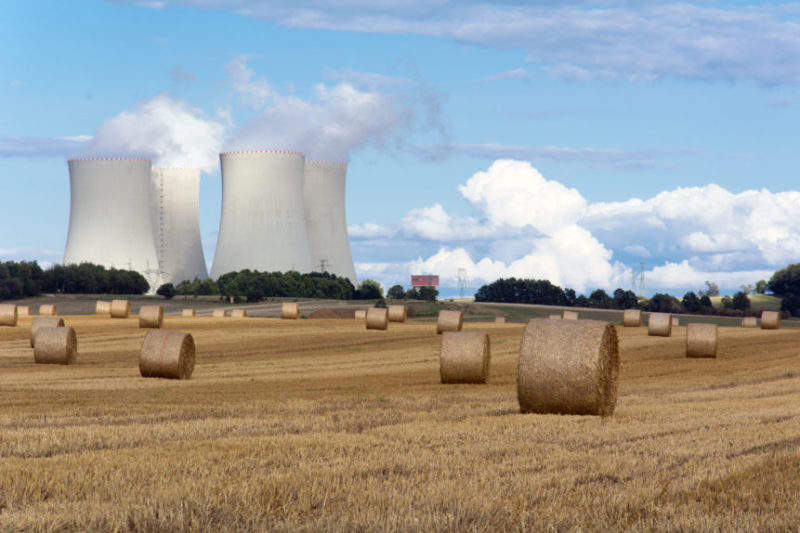
Backers of mini nuclear power stations have each asked for millions of pounds from UK taxpayers to fund construction of initial projects, according to briefing documents supplied to the Expert Finance Working Group on Small Reactors.
The report was conducted by the Expert Finance Working Group on Small Reactors, a group set up to advise and assist in the setting up of smaller nuclear projects in the UK.
In August, the group recommended the UK Government begin establishing infrastructure for such schemes.
Small modular reactors (SMRs) are seen by some as the more attractive alternative to expensive and often risky large-scale nuclear plants, allowing nuclear power to compete with the ever-declining costs of solar and wind.
According to the data, some SMR firms asked for as much as £3.6m for construction costs, while others wanted up to £480m to assist designs through the regulatory process, something which nuclear firms usually fund themselves.
However, the findings of the group and more developed SMR vendor business models challenged these assertions and concluded that SMRs could be privately financed with the right framework in place.

US Tariffs are shifting - will you react or anticipate?
Don’t let policy changes catch you off guard. Stay proactive with real-time data and expert analysis.
By GlobalDataThe group also noted that the firms’ cost estimates varied to such an extent that it noted some companies clearly had a ‘lack of understanding’ of how British nuclear regulation works.
In addition, some of the companies included are planning on using alternative fuels to the traditional uranium deployed in current nuclear plants, which the group said ‘may add cost to business models’.
Ten companies have directly requested government funding for their SMRs, according to the group.
The government has already offered £44m in funding for the research and development of a group of SMRs, each of which has enough power for roughly 600,000 homes – or the equivalent of less than a tenth of the Hinkley Point C project in Somerset.
The majority of proposed mini nuclear power stations will not be ready for deployment until the 2030s, with the companies behind such schemes including UK firms Rolls-Royce, Sheffield Forgemasters and Atkins, as well as China’s CNNC and French firm EDF Energy.
According to the World Nuclear Association, 19GWe of new generation plants is expected to come online in the UK by 2025, with an additional 16GWe of new nuclear capacity intended to be operating by 2030, with no restriction on foreign equity.
The four main barriers identified by the SMR firms to construction were finding sites, the cost of regulatory approval for designs, a lack of state funding, and unclear policy.



